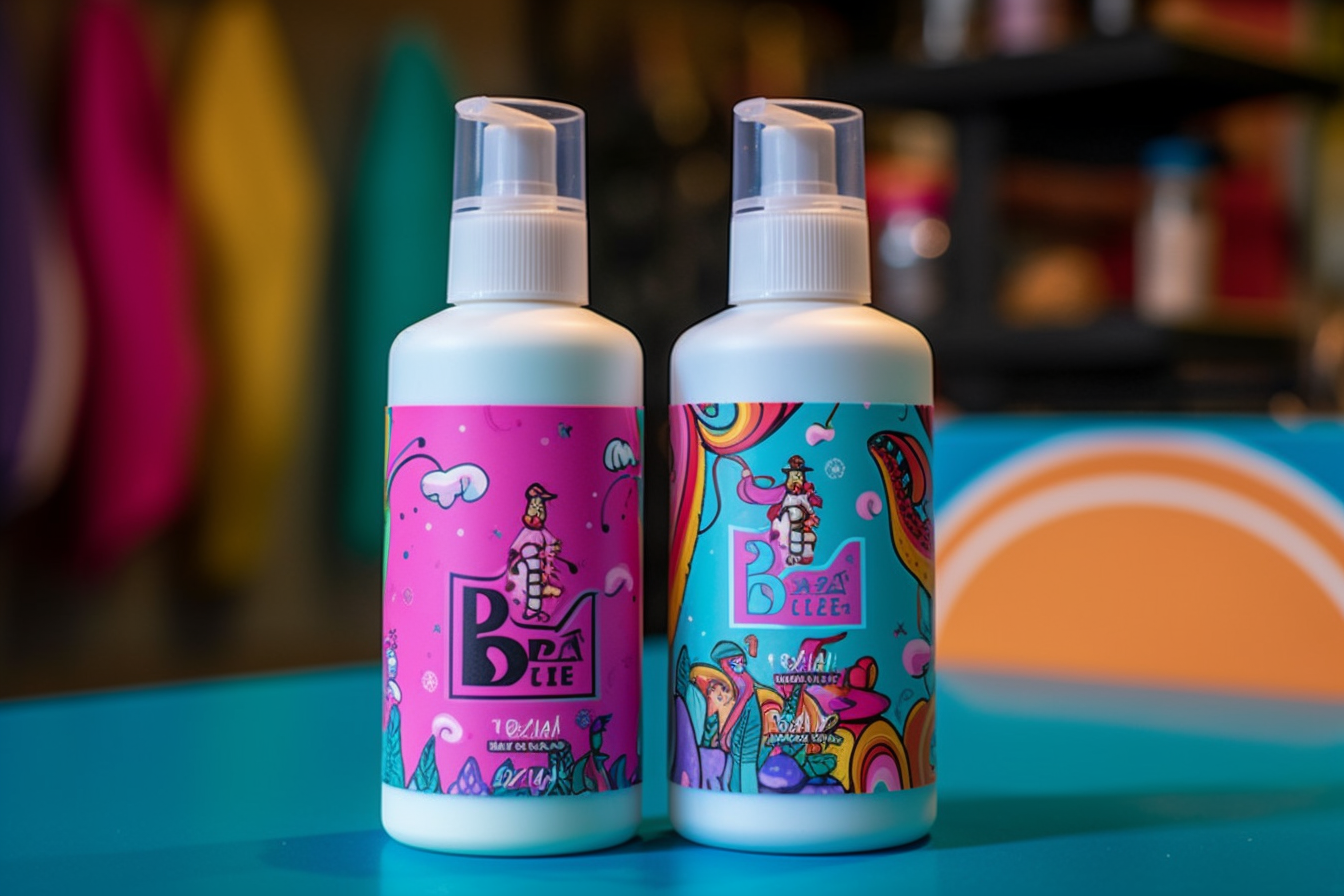- Pillars of Cosmetic Manufacturing
- Creating a Comprehensive Business Plan
- The Importance of Research & Development (R&D)
- What Makes Your Cosmetics Manufacturing Process Unique?
- What are the Key Strategies for Unlocking the Potential of Natural Cosmetic Manufacturing?
- The Art and Science of Formulation
The cosmetic industry is a rapidly growing and highly competitive market. Brands constantly try to outdo each other with innovative products, eye-catching packaging, and captivating marketing campaigns. But behind all the glitz and glamour lies the true backbone of this thriving business – cosmetic manufacturing. In this article, we will delve deep into the world of cosmetic manufacturing, its various pillars, the significance of a solid business plan, research & development, and formulation.
Pillars of Cosmetic Manufacturing
Cosmetic manufacturing can be broken down into several key aspects that contribute to the successful production and distribution of beauty products.
Raw Material Sourcing
High-quality raw materials are essential for creating premium cosmetic products. Manufacturers must establish strong relationships with reliable suppliers who can provide them with the finest ingredients. This often involves conducting thorough research to verify that sources align with ethical practices, environmental sustainability, and quality standards.
Product Development and Formulation
Developing a unique product formula requires extensive knowledge in chemistry, biology, and skin care. Manufacturers employ skilled chemists and scientists who dive deep into ingredient interaction and stability testing to create safe, effective, and appealing cosmetic products. The formulation process also includes developing prototypes, assessing shelf life, and ensuring regulatory compliance.
Production and Quality Control
In order to meet high demand, manufacturers need to have efficient production lines in place. They must invest in specialized machinery and equipment to facilitate mass production while maintaining strict quality control measures. This includes rigorous inspections, batch testing, and adherence to Good Manufacturing Practice (GMP) guidelines.
Packaging and Design

Aesthetics play a massive role in attracting consumers to cosmetic products. Manufacturers often collaborate with skilled designers to create eye-catching packaging that reflects brand identity while preserving product integrity and freshness. This involves selecting materials, designing graphics, and conducting stability tests to ensure the final product is both visually appealing and functional.
Creating a Comprehensive Business Plan
A successful cosmetic manufacturing business requires a well-thought-out plan that addresses every aspect of the operation. An effective business plan should include:
- Executive Summary: A brief overview of the company’s mission, vision, and objectives.
- Company Description: Detailed information on company structure, management team, and unique selling points.
- Market Analysis: In-depth evaluation of the target market, consumer behavior trends, and competitor landscape.
- Marketing and Sales Strategy: Plans for product promotion, distribution channels, pricing strategy, and customer acquisition.
- Operational Plan: Outline of daily operations, including production processes, quality control measures, and hiring plans.
- Financial Projections: Forecasted revenue, expenses, and profit margins for a predetermined period.
With a solid business plan in place, entrepreneurs can approach investors and partners with confidence, paving the way for exponential growth and success in the competitive world of cosmetic manufacturing.
The Importance of Research & Development (R&D)
Innovation is the lifeblood of the cosmetic industry. As consumer preferences and demands evolve, manufacturers must stay ahead of the curve by investing in research and development. R&D plays a crucial role in:
- Product Innovation: Developing cutting-edge formulas that cater to emerging trends and consumer needs.
- Technological Advancements: Improving manufacturing processes, increasing efficiency, and reducing environmental impact through the adoption of new technologies.
- Market Expansion: Identifying opportunities for growth by exploring untapped markets and demographic segments.
Leveraging research and development allows manufacturers to stay competitive, push boundaries, and ultimately forge a lasting presence in the cosmetic industry.
What Makes Your Cosmetics Manufacturing Process Unique?
With our cosmetics manufacturing expertise, our process stands out for its uniqueness. From carefully sourcing the highest quality ingredients to ensuring efficient production, we maintain rigorous quality control standards. Our commitment to innovation and customer satisfaction makes our manufacturing process truly exceptional. Trust us to deliver outstanding cosmetics that exceed your expectations.
What are the Key Strategies for Unlocking the Potential of Natural Cosmetic Manufacturing?
Unlocking the potential of natural cosmetic manufacturing involves several key strategies. First and foremost, companies need to prioritize ingredient sourcing, utilizing raw materials that are sustainable and ethically sourced. Additionally, investing in research and development is vital to enhance the efficacy of natural ingredients. Effective marketing campaigns that highlight the benefits of natural cosmetics can also help create awareness and boost sales. Lastly, fostering strong relationships with suppliers and consumers fosters trust and ensures product consistency.
The Art and Science of Formulation
At the heart of every cosmetic product lies its unique formulation – a carefully crafted blend of ingredients designed to deliver desired results. Skilled formulators combine artistry and scientific expertise to create products that are both effective and enjoyable to use. The formulation process typically involves:
- Concept Development: Identifying target consumers and their specific needs, followed by brainstorming ideas for innovative products that cater to these demands.
- Ingredient Selection: Choosing high-quality ingredients that work synergistically to achieve desired effects while ensuring safety and stability.
- Formulating Techniques: Employing advanced techniques such as emulsion technology and encapsulation to optimize texture, appearance, and overall user experience.
- Testing and Refinement: Rigorous evaluation of prototypes through lab tests, stability studies, and consumer trials to perfect the final formula.
A successful formulation is the result of countless hours of research, experimentation, and fine-tuning – all driven by a passion for creating products that enhance beauty and well-being.
To Summarize
Cosmetic manufacturing is a complex and multifaceted field that requires dedication, expertise, and creativity. From sourcing high-quality raw materials to executing innovative marketing strategies, every aspect of the process is essential for success in this highly competitive industry. With a strong foundation in research and development, solid business planning, and a keen eye for consumer trends, cosmetic manufacturers have the potential to make a lasting impact on the world of beauty.
